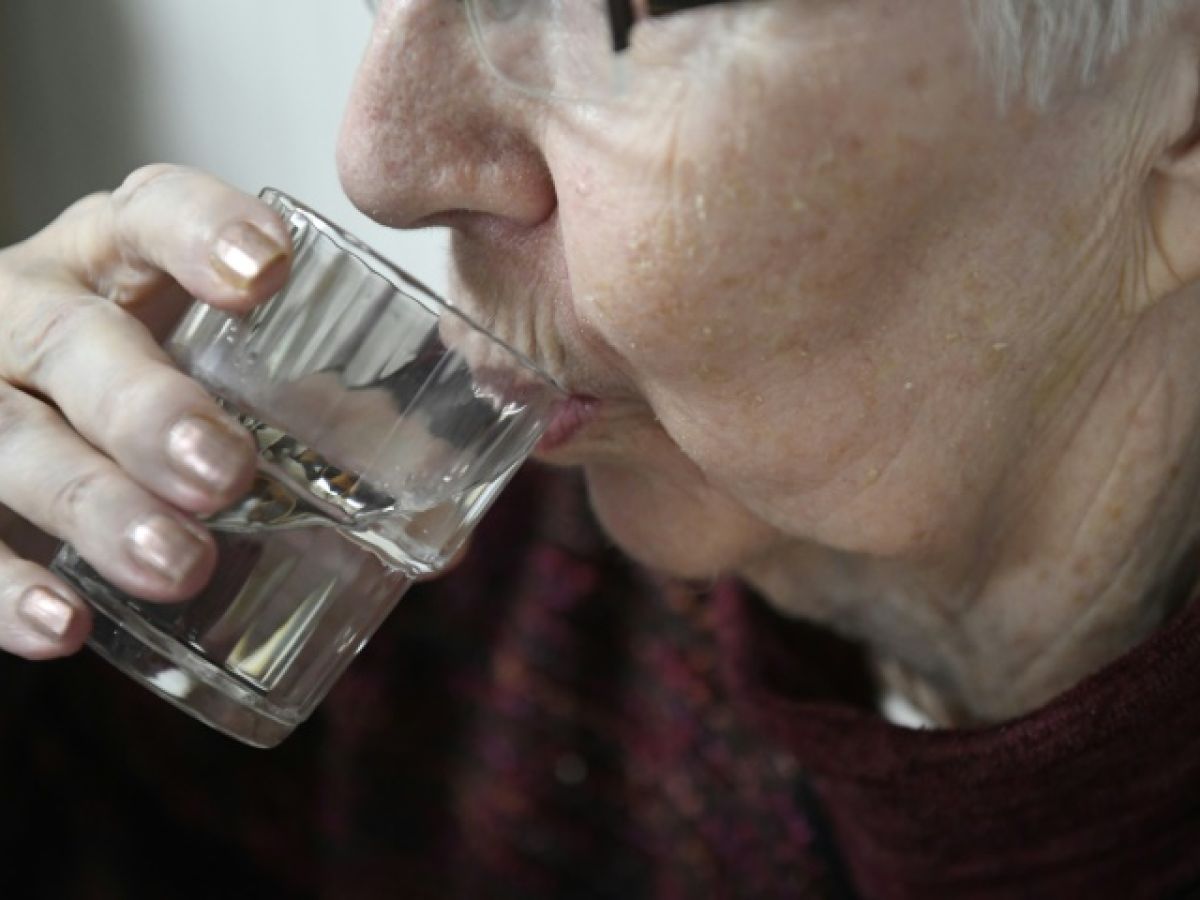Drink regularly, close the shutters in the afternoon, and ventilate the home in the evening: older people sometimes find it harder to take preventative measures in the face of high temperatures, even though they are particularly vulnerable. Here's a rundown ahead of the high temperatures expected in France starting Saturday.
– Why are seniors vulnerable? –
With age, the physiological ability to cope with high temperatures is reduced. "The sweat glands, which eliminate excess heat through perspiration, no longer function efficiently," Claude Jeandel, professor of geriatrics at the University of Montpellier, explained to AFP. In addition, older people feel less thirsty, which promotes dehydration.
Added to this is the potential impact of illnesses or certain treatments, which become more common with advancing age. Be particularly careful with psychotropic drugs, which can create a sedative effect, and diuretics, which promote dehydration.
Headaches, cramps, discomfort... Exposure to heat can have many health consequences, including respiratory or cardiovascular problems that can lead to death.
The French public health agency Sante Publique France estimates that more than 5,000 deaths last summer were attributable to heat. In 751 cases, these were people over the age of 75.
– What are the right actions? –
As with the general population, older people are advised to drink regularly, avoid going out during the hottest hours of the day, close the shutters in the afternoon, and ventilate the house in the evening. It may also be beneficial to shower more frequently or go to an air-conditioned place, such as a library or shopping center.
But older people sometimes have difficulty performing these preventive measures, particularly due to reduced mobility. Furthermore, "neurodegenerative diseases make some seniors less able to understand or apply prevention instructions," Professor Jeandel also points out.
In these cases, help from those around you or a professional is key. During the 2003 heatwave, many isolated elderly people were among the 15,000 victims who died.
– What measures have been taken since 2003? –
A "heatwave plan" is now in place every year from June 1st to September 15th. It requires municipalities to keep registers of elderly people to contact by telephone during excessive heat.
The reflex has been adopted by the municipalities, but it remains insufficient, Yann Lasnier, general delegate of the Petits Frères des Pauvres, told AFP. Especially since registration is voluntary, so "some can slip under the radar."
This association, which fights against the isolation of seniors, advocates in particular for the development of "citizen" initiatives that are easy to implement and not necessarily expensive. For example, it lists "cool oases," air-conditioned spaces (restaurants, company halls, etc.) that agree to welcome people free of charge for a given period of time during hot weather.
For individuals, "simply asking about someone's health can save lives," adds Yann Lasnier.
– And retirement homes? –
The heatwave plan also includes specific protocols for elderly care facilities. "Nursing homes are well-versed in this exercise," Guillaume Marzocchi, interim director of Fnadepa, an association of directors of elderly care facilities and services, told AFP.
The facilities monitor the indoor temperature, close their shutters during the hottest hours, and sometimes water their most exposed facades. At the very least, they have an air-conditioned common room where residents can relax.
The staff offers them drinks more frequently and prepares cold meals for them.
These measures are not complicated but "time-consuming": "we are strengthening the teams during this period, despite the financial difficulties of the establishments this year," underlines Guillaume Marzocchi.
Indeed, many nursing homes are in the red due to the increase in their operating costs caused by inflation, which is not offset by public funding.
